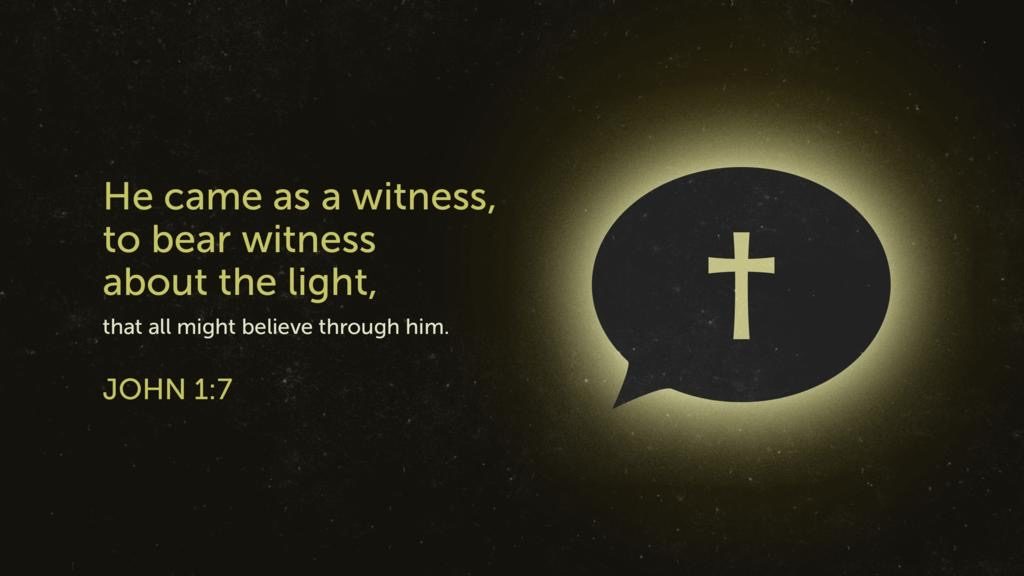The Deity of Christ

| BY SEAN CAVENDER |
When we read of the teachings, miracles, and life of Jesus the Christ, we cannot help but to be impressed with who He is as the divine Son of God. While Jesus was on the earth and living among men, He revealed the Father to mankind. God is full of grace and truth (John 1:14). The Son of God came here to do everything the Father had commanded; Jesus did not come by His own initiative and authority (John 5:19). However forceful the teachings of Christ were, and as amazing His miracles impressed people, yet people rejected Him. They denied His bold claims to be eternal in nature, and to be equal with the Father. Even today, many reject the notion that Jesus of Nazareth was divine. They claim He was a good man, but not God. Let’s consider what the Bible teaches and how the Deity of Jesus is defended in Scripture.
The apostle John begins His record of the gospel account with a defense of Jesus’ Deity. The apostle recognizes the importance of this very subject because he wrote of how Jesus would be rejected (John 1:11). However, for those who would be willing to accept and believe in Jesus, they may become the children of God (John 1:12-13). Thus, this subject is a matter of eternal salvation.
Pre-Existence Before Time (John 1:1a, 2)
The Word, the same Word which became flesh, existed at the beginning of time. “In the beginning was the Word…” The Word was in existence in nature, in function, and in person. Jesus claimed this pre-existence even in His teachings. In one of His many confrontations with the Jews about His ministry, He said that father Abraham looked forward to the day in which Christ would come to fulfill the promise (John 8:56). Abraham had been dead for over 1500 years by the point of Christ’s ministry. The Jews asked Jesus how He had seen Abraham, and His reply: “Truly, truly, I say to you, before Abraham was born, I am,” (John 8:58). “I AM” is a reference to the name of God by which Moses was to identify the Lord unto the Egyptians in freeing the Israelites. This was an audacious claim of Christ to claim existence before the day of Abraham.
Fellowship With God (John 1:1b)
The Word which became flesh had also dwelt with God. The Word had been in close communion with the Father, seeing God as no other had ever done before (John 1:18). Christ, in His heavenly state, was in the bosom of the Father – a place of closeness and intimacy. Jesus had dwelt with God and shared a unique relationship with the Father, being able to see God in His full power and majesty. By implication, we see there are at least two distinct persons, i.e., rational individualities that make up two persons in the Godhead. These two persons in the Godhead are unified and are one in purpose (John 10:30). Their unity is fellowship with one another.
The Word’s Divine Nature (John 1:1c)
The Word was God. We noted that the Word was distinct from God the Father, but the Word is God. The Father and the Son are not two different gods, but they are both partakers of the one divine nature, i.e., the state of being God. Jesus said, “I and the Father are one,” (John 10:30). Jesus also claimed that God was His Father, claiming to have the same nature as God and equal with God (John 5:17, 18).
The Word’s Divine Power (John 1:3)
The Word was instrumental in the creation of the heavens and the earth. Jesus Christ possessed the power of God which was evidenced during His time on earth by the miracles He performed. The miracles that He performed substantiated His claims to be God, and proved Himself to those who heard Him. The purpose of those miracles were to instill belief in Jesus as the Christ, the Son of God (John 20:31).
By believing in Jesus, the Son of God, then we may have eternal life (John 3:16). It was for this purpose that John wrote this gospel (John 20:30, 31). The miracles and acts of our Lord Jesus point to the need to believe in Jesus and His Deity.
